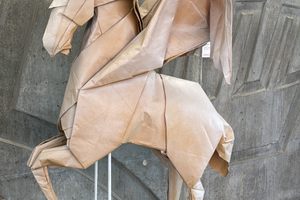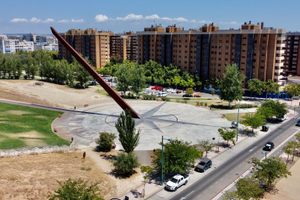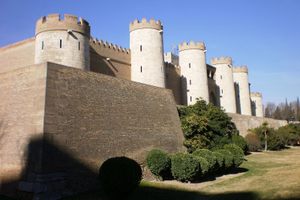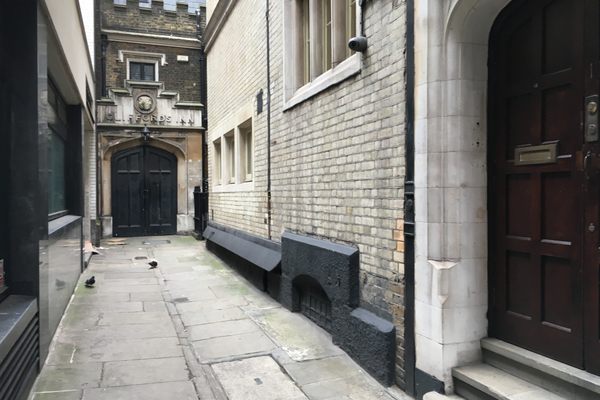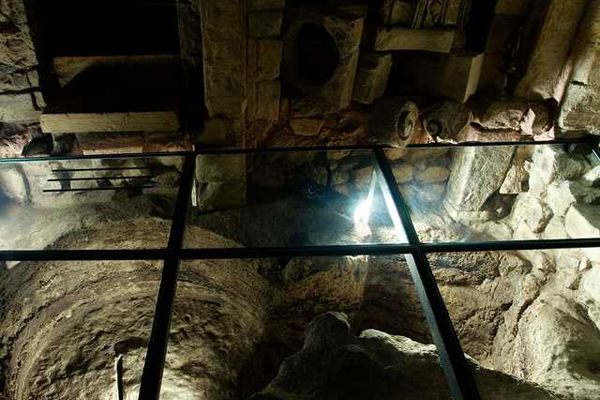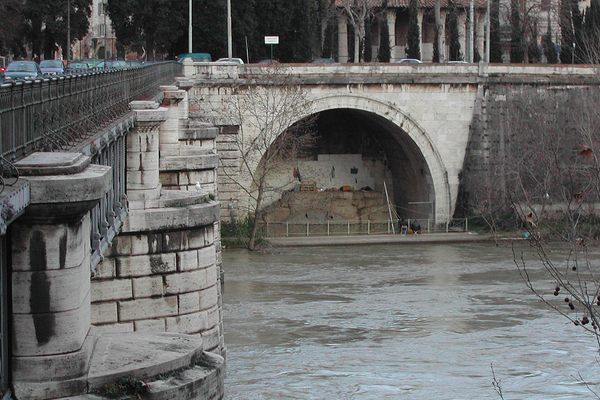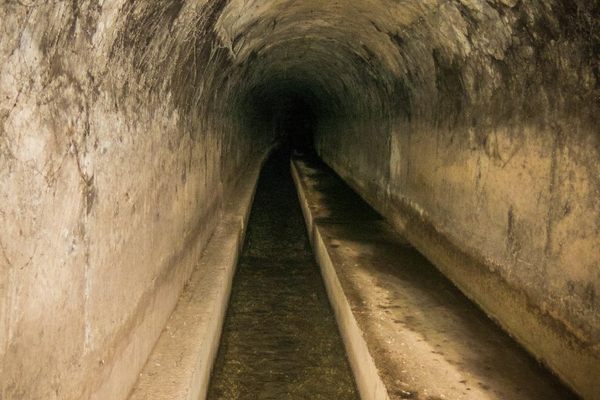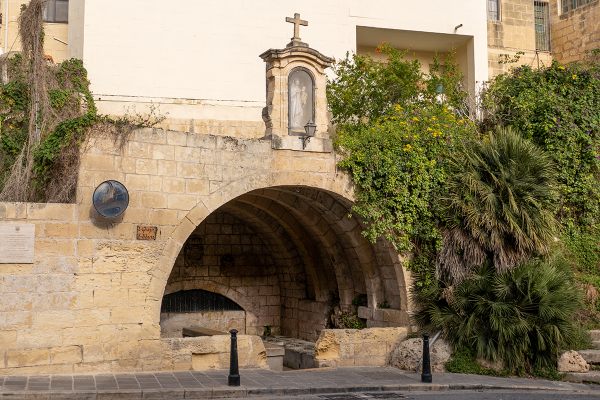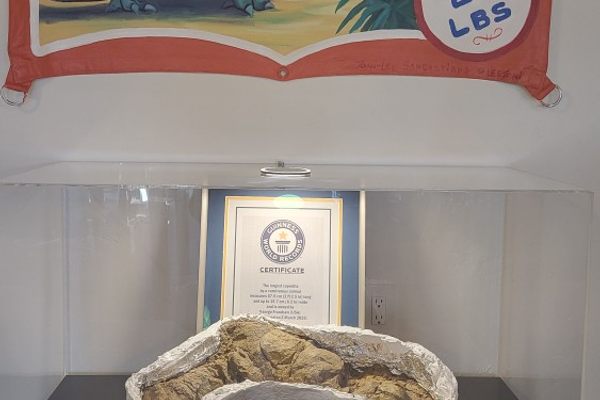About
The Roman city of Caesar Augusta, today's Zaragoza in Spain, was founded by Emperor Augustus in 14 B.C. It was strategically located on the banks of the Ebro and was an important military and commercial hub in the Roman province of Hispania Tarraconensis. The city, named in honor of Augustus, was given the status of a colonia, which granted its inhabitants the same rights as Roman citizens.
Caesar Augusta developed into a vibrant urban center with a population that benefited from the Roman road network, aqueducts, public baths, theaters, and the forum, which reflected the architectural and cultural greatness of Rome. The city’s prosperity was enhanced by its role in trade, as it was located on important trade routes connecting the interior of the Iberian Peninsula with the Mediterranean coast.
After the fall of the Roman Empire, Caesar Augusta was invaded by various Germanic tribes and eventually fell under the control of the Visigoths. In the 8th century, the city was conquered by the Moors, becoming an important Muslim city known as Saraqusta. It was later reconquered by Christian forces in 1118 during the Reconquista, led by Alfonso I of Aragon. Zaragoza continued to grow and develop, maintaining its historical significance through various cultural and political transformations.
The forum of Caesar Augusta was discovered in 1988 during excavations in the Plaza de la Seo in Zaragoza. The archaeologists uncovered significant remains of the Roman forum, including the basic structures and remains of the ancient marketplace, which provided valuable insights into the urban structure and daily life in the Roman city.
The Museum of the Forum of Caesar Augusta was founded in 1995 to preserve and exhibit these archaeological finds. The museum offers visitors an insight into the splendor of the Roman forum, displays artifacts and provides detailed information about the economic, social, and political activities that took place in this central public space.
A significant section of the museum is dedicated to displaying the city's ancient Roman sewage system and demonstrates the advanced engineering and urban planning skills of the Romans, including the construction and operation of their sewage and water management system.
Visitors can view remnants of the original sewer channels and learn about how waste was managed in Caesar Augusta, reflecting the Romans' sophisticated approach to urban infrastructure.
Related Tags
Know Before You Go
The museum is open Tuesday to Saturday from 10 a.m. to 2 p.m. and 5 p.m. to 9 p.m., and Sundays from 10 a.m. to 2:30 p.m. Entry costs 4€ for adults and 3€ for children.
Community Contributors
Added By
Published
July 23, 2024



















